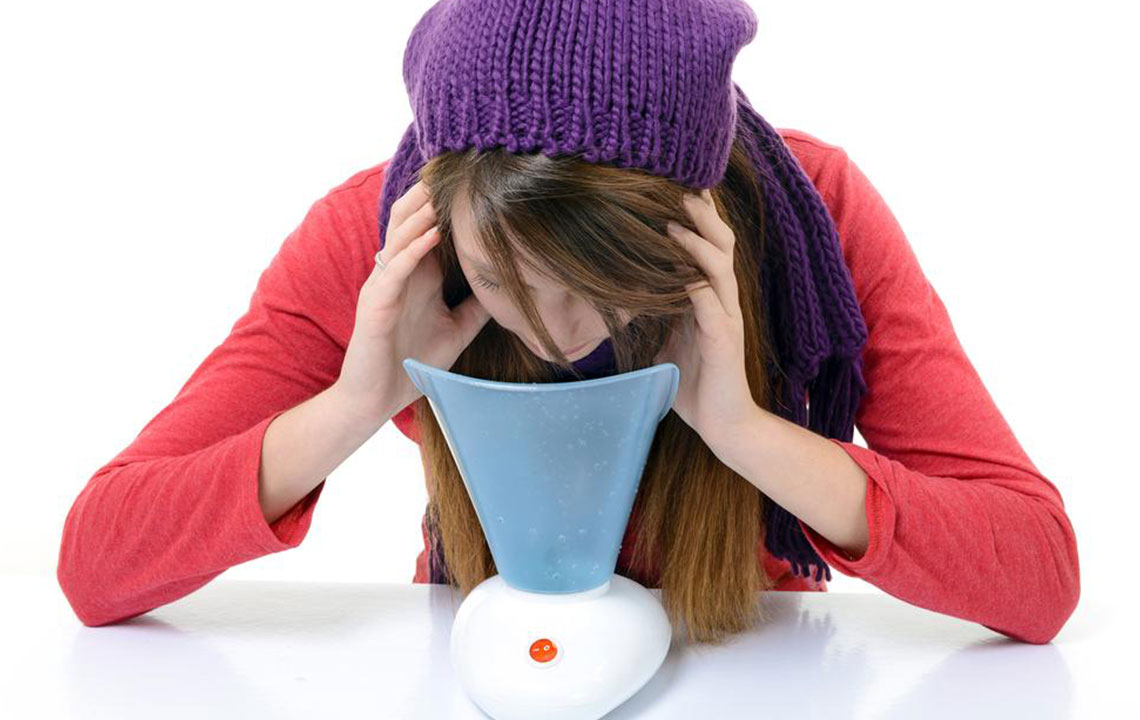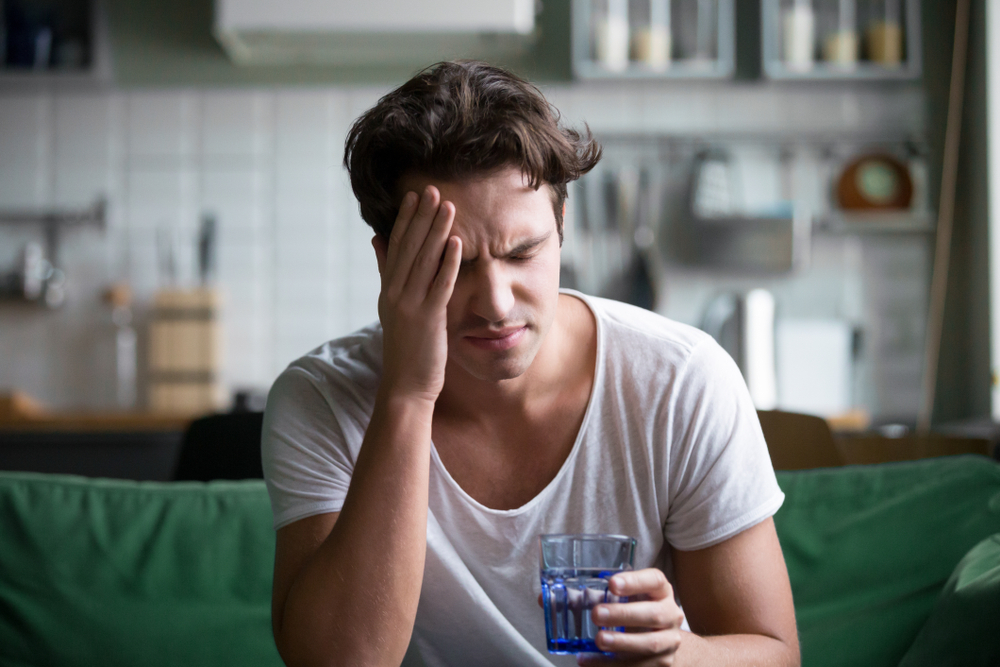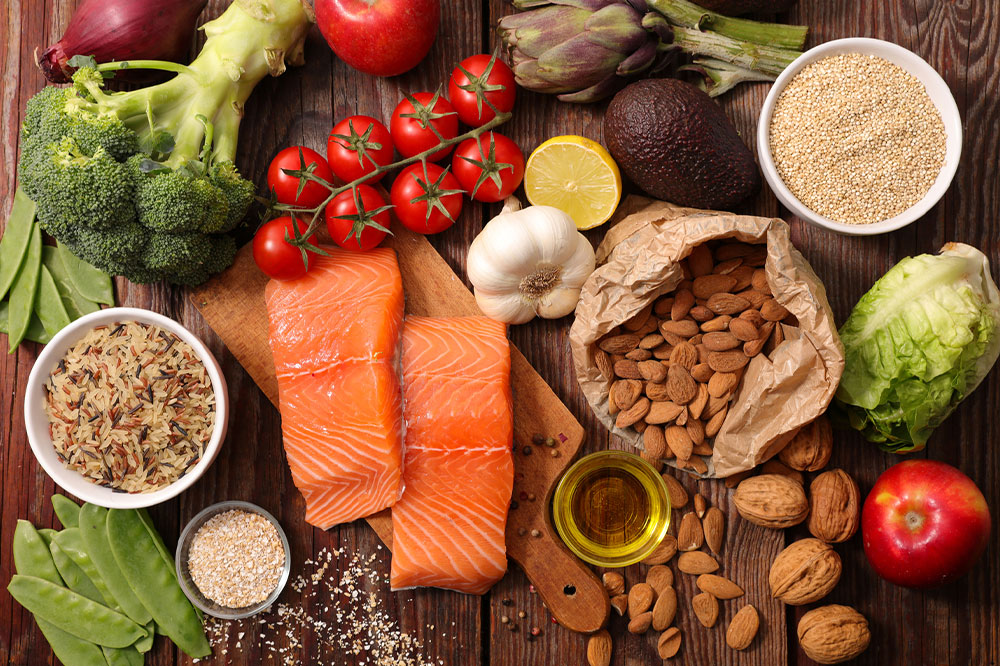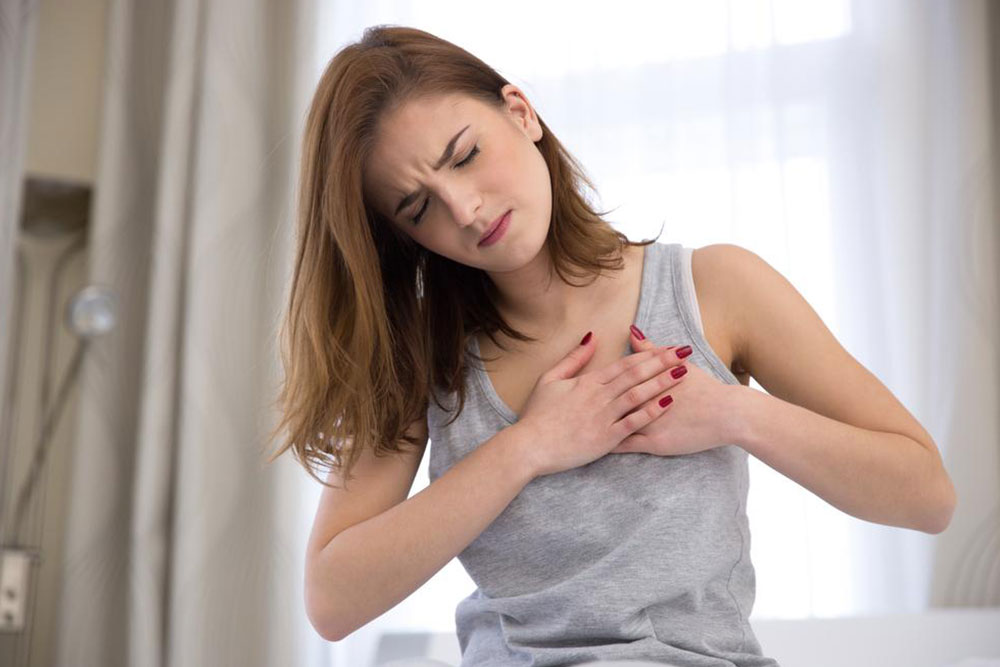Essential Reasons to Get the HPV Vaccine Early
Discover the importance of the HPV vaccine, recommended age guidelines, potential side effects, and benefits in preventing HPV-related cancers. Early vaccination is key to long-term health protection for both men and women.
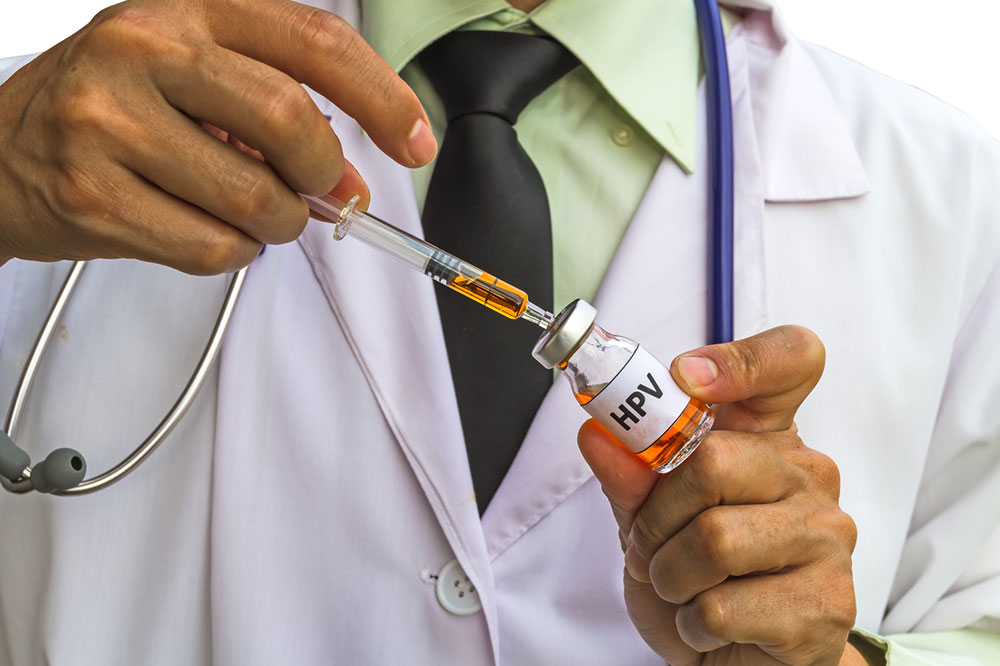
Important Benefits of Receiving the HPV Vaccine
Human Papillomavirus (HPV) is a common sexually transmitted infection that spreads through close contact. Research shows that approximately 25% of individuals may encounter HPV at some point. Often, infections are mild and resolve without treatment, but HPV is a leading cause of six types of cancer in men and women later in life. Around 80 million people nationwide may carry HPV, with over 14 million new cases annually.
The HPV vaccine effectively prevents certain cancers and is best administered during childhood or adolescence.
Optimal Timing for HPV Vaccination
By age 9 - The CDC recommends two doses before age 9 for optimal protection.
Ages 11-12 - More than two doses may be needed for full effectiveness; timing remains crucial.
By age 15 - Only two doses are advised if vaccinated before 15.
For those beyond age 15, three doses are generally recommended, especially if vaccination was delayed. Teenagers and young adults up to 26 can still benefit from vaccination, but it's not typically necessary after 26 unless advised by a healthcare provider. The vaccine significantly lowers the risk of HPV-related cancers, including cervical, vaginal, vulvar, and genital cancers in men.
Vaccination Considerations
The HPV shot may trigger allergic reactions in some individuals, especially those allergic to yeast. Pregnant women should avoid the vaccine until after delivery. Always consult a healthcare professional before vaccination to assess personal risks and benefits.
Possible Side Effects
Generally safe, the vaccine might cause minor side effects such as:
Redness or swelling at the injection site
Dizziness or fainting, especially in teens
Nausea or headache

